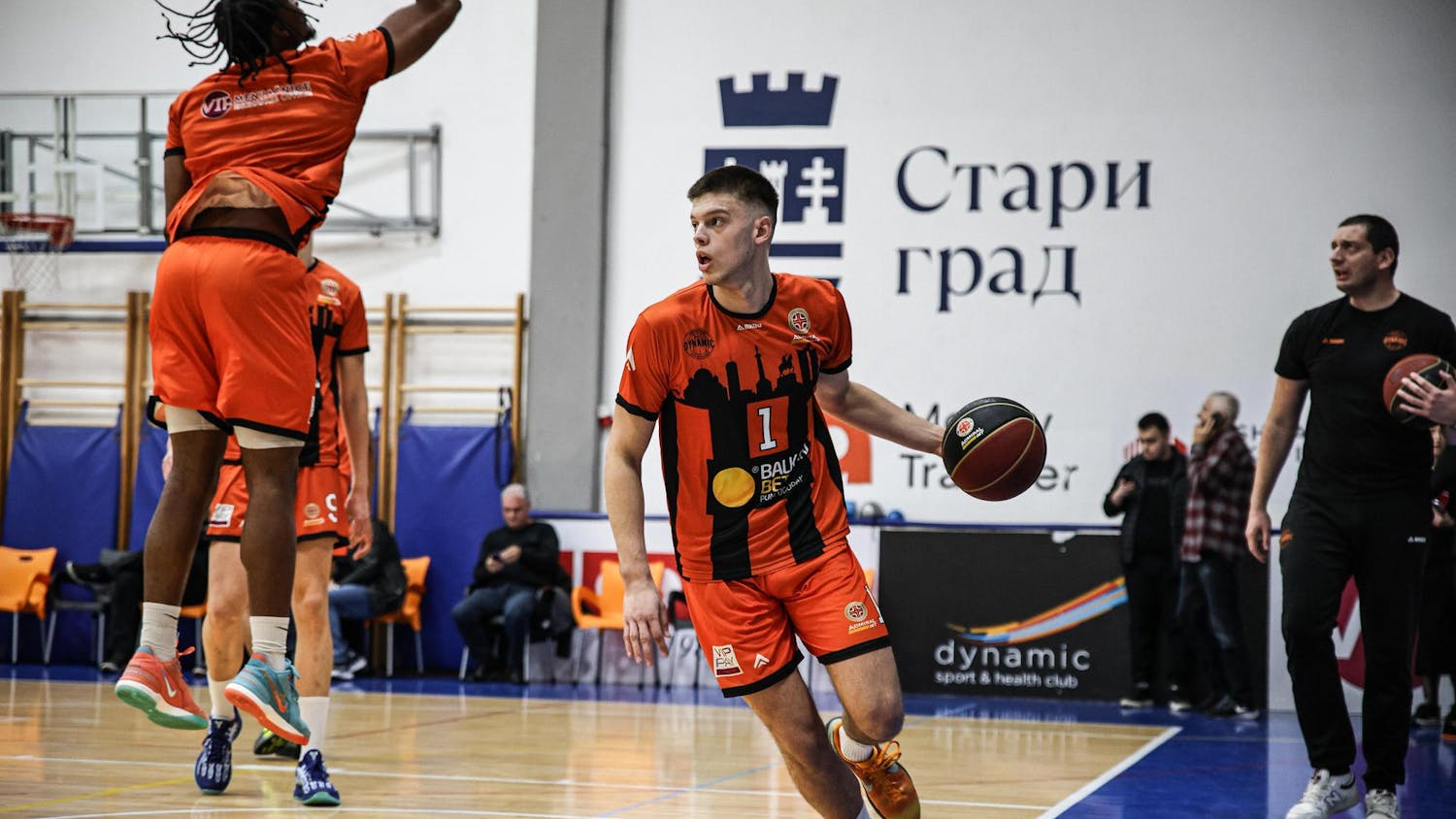NAJAF, Iraq -- Protected by 100 guards, Iraq's interim Prime Minister Ayad Allawi visited the war-shattered city of Najaf Sunday, calling on Shiite militants to lay down their weapons after days of fierce clashes with U.S. forces.\nBut even as Allawi met with Najaf's governor, police and the Mahdi Army militia loyal to Shiite cleric Muqtada al-Sadr battled nearby. Gunfire and explosions could be heard as U.S. helicopter gunships circled overhead. Two Iraqi national guardsmen were killed, and 13 people wounded.\n"We think that those armed should leave the holy sites and the (Imam Ali Shrine compound) as well as leave their weapons and abide by the law," Allawi said during a one-hour visit for talks with Najaf Gov. Adnan al-Zurufi.\nClashes continued in other Shiite communities for the fourth straight day. In Baghdad's Shiite neighborhood of Sadr City, four people were killed, and three U.S. soldiers were wounded in fighting Sunday and a U.S. observation helicopter came under fire and had to make an emergency landing, though the crew was unharmed.\nAllawi's government also announced the reinstatement of the death penalty, part of a new approach for putting down the 15-month insurgency in Iraq. Capital punishment would be allowed for those convicted of murder, endangering national security and distributing drugs.\n"The tough task in front of us in this country is maintaining security and stability, combatting terror and organized crime," Human Rights Minister Bakhtiar Amin said as he and the justice minister announced the decision.\nCapital punishment was suspended during the U.S. occupation. The reinstatement came a day after the government announced an amnesty for those playing minor roles in the insurgency -- though not for anyone who has killed.\nA series of explosion boomed Sunday across central Baghdad, sending plumes of smoke into the air. One of the blasts hit a bank of the Tigris River, while a second hit in downtown Baghdad, sending up billows of black smoke. The cause of explosions was not immediately clear.\nAlso Sunday, militants said they took a top Iranian diplomat hostage, according to video shown on the Arab-language Al-Arabiya television station. The tape showed a bearded man identified as Faridoun Jihani speaking to the camera, though his voice was not audible. The video also showed his identification, passport and a business card identifying him as the "consul for the Islamic Republic of Iran in Karbala," a southern Iraqi city.\nThe kidnappers, calling themselves the "Islamic Army in Iraq," accused Jihani of provoking sectarian war in Iraq and warned Iran not to interfere in Iraq's affairs, according to Al-Arabiya.\nThe kidnappers made no demands, the report said.\nMilitants -- mainly thought to be Sunni Muslim insurgents -- have taken scores of foreigners hostage in recent months, trying to drive coalition troops out of Iraq and hamper reconstruction efforts.\nWith Allawi's government still fighting Sunni guerrillas elsewhere in the country, the fierce battles in Najaf have raised fears of the revival of an insurrection among Iraq's Shiite majority. Al-Sadr's Mahdi Army revolted in April and fought for two months until a series of truces calmed the violence.\nAfter heavy fights Thursday and Friday in Najaf, Shiite leaders have been trying to restore the truce, and clashes have eased Saturday and Sunday -- but not stopped.\nSaturday, national guard troops chased al-Sadr militiamen who had attacked a police patrol to the cleric's house. The guardsmen raided the house and detained the attackers who had taken refuge there, said Lt. Aqil Khalil, a guardsman. Al-Sadr was not present at the time.\nThe Najaf fighting Sunday also slightly wounded Mou'ayad Mohsen, an editor working for Al-Arabiya, according to station official.\nAllawi arrived in Najaf backed by a tough security contingent, made up of U.S. forces, foreign security contractors, Iraqi National Guard troops and Iraqi police. Allawi and his delegation -- including his interior and defense ministers and national security adviser -- did not meet with al-Sadr or any of his aides.\nAllawi said there were no plans to arrest al-Sadr, but he said there would be no negotiations until al-Sadr's militia laid down its arms. He was optimistic the violence would cease.\n"There are some elements who have broken the law and hurt this city," Allawi said. "The situation will be defused soon."\nA government deadline for militants to withdraw from Najaf expired Saturday, but Mahdi Army fighters maintained a heavy presence in the old city, where masked men carrying automatic rifles and rocket-propelled grenade launchers searched cars at checkpoints. The Mahdi Army controls the Imam Ali Shrine compound in the old city, one of Shia Islam's holiest sites.\n"We are trying to defend our country. We are not going to leave Najaf or any other city," said Abu Thar al-Kinani, an al-Sadr aide in Baghdad. "The occupiers are the ones who should leave Najaf and the rest of Iraq."\nIn Baghdad, Mahdi Army militia attacked a district council building in Sadr City, O'Malley said. Three U.S. soldiers working there as advisers were wounded, and Iraqi security forces repelled the attack, he said. The Health Ministry said four people were killed and seven wounded Sunday in Sadr city.\nIn Karbala, 50 miles south of Baghdad, about 2,000 protesters marched through the streets to protest the U.S. military operations in Najaf and demanded Najaf's governor and the interior minister resign.
Iraqi prime minister asks fighters in Najaf to put down weapons
Interim government reinstates death penalty
Get stories like this in your inbox
Subscribe



